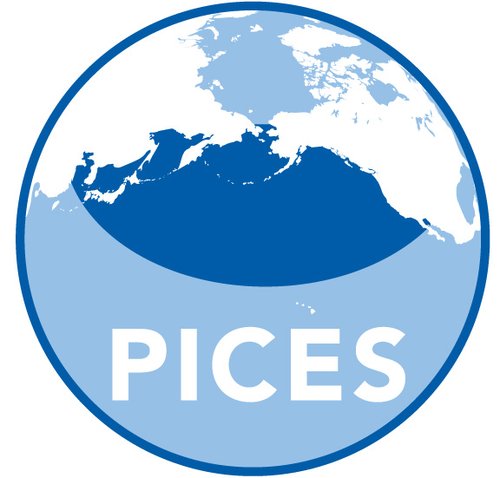 | | The North Pacific Marine Science Organization (PICES), an intergovernmental scientific organization, was established in 1992 to promote and coordinate marine research in the northern North Pacific and adjacent seas. Its present members are Canada, Japan, People’s Republic of China, Republic of Korea, the Russian Federation, and the United States of America. |
| | | |
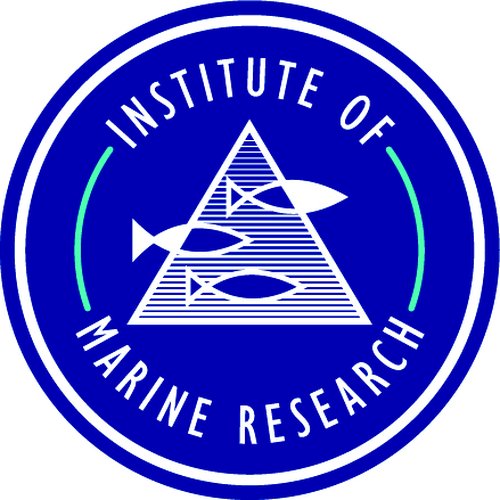 | | Institute of Marine Research (IMR) is Norway’s largest centre of marine science. Its main task is to provide advice to Norwegian authorities on aquaculture and the ecosystems of the Barents Sea, the Norwegian Sea, the North Sea and the coastal zone. The aim of the research and management advice provided by IMR is to ensure that Norway’s marine resources are harvested in a sustainable way. The IMBeR International Project Office is hosted by IMR at its headquarters in Bergen. |
| | | |
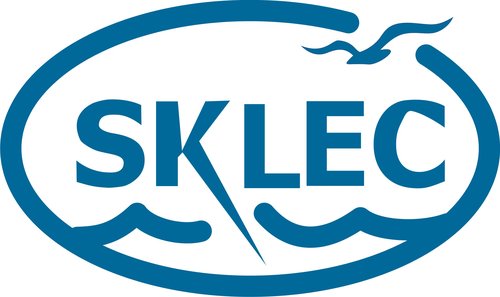 | | State Key Laboratory of Estuarine and Coastal Research (SKLEC)East China Normal University (ECNU), Shanghai, China hosts and treasures the well-known State Key Laboratory of Estuarine and Coastal Research (SKLEC). SKLEC has a long history of research and training inestuarine and coastal sciences and their applications. The research focuses mainly in three core areas: (1) estuarine evolution and sedimentation dynamics; (2) coastal dynamic geomorphology and dynamic sedimentary processes; and (3) estuarine and coastal ecology and environment. With the establishment of the School of Marine Science in October 2016, SKLEC will move further into the oceanography field, and will dedicate its research and education to advancing the science and technologies in observing, understanding and predicting shelf seas and oceans. |
| | | |
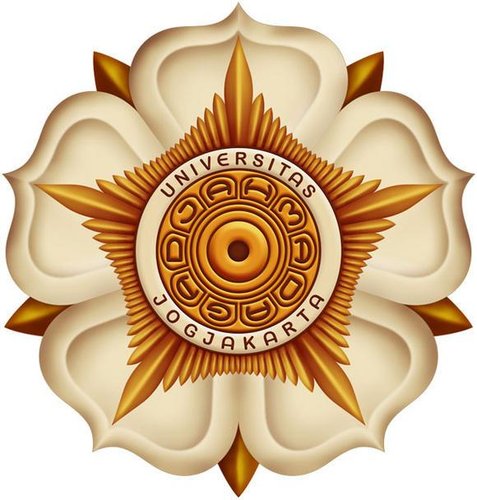 | | Gadjah Mada UniversityThe Gadjah Mada University (Universitas Gadjah Mada (UGM) in Indonesian) was established 1949 as the national university and is one of the oldest universities in Indonesia. It now has 18 faculties and a graduate school, offering more than 250 courses to over 56 000 students. UGM’s mission is inspired by the spirit of Tri Dharma of Higher Education, and comprises Teaching, Research, and Community Service. The community services include community empowerment activities, such as assigning students to a rural internship program in all regions of Indonesia. To assure a smooth flow between academic and non-academic activities, the UGM campus is developed around the principle of “educopolis”, which ensures an environment conducive to learning and responsive to ecological issues in the context of multidisciplinary collaborations. |
| | | |
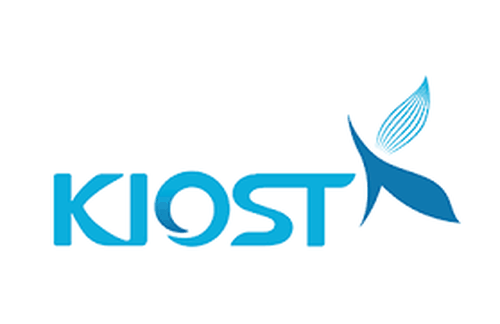 | | Korean Institute of Ocean Science and Technology (KIOST)Korea Institute of Ocean Science & Technology (previously KORDI – Korea Ocean Research & Development Institute), is the only comprehensive ocean research organization in Korea and has led the development of marine science and technology within the nation. Since its establishment in 1973, it has played a pivotal role in improving Korea’s focus on the development and promotion of marine knowledge, exploitation of marine resources, and preservation of marine environment, and thus utilize potentials in ocean for the future of Korea. |
| | | |
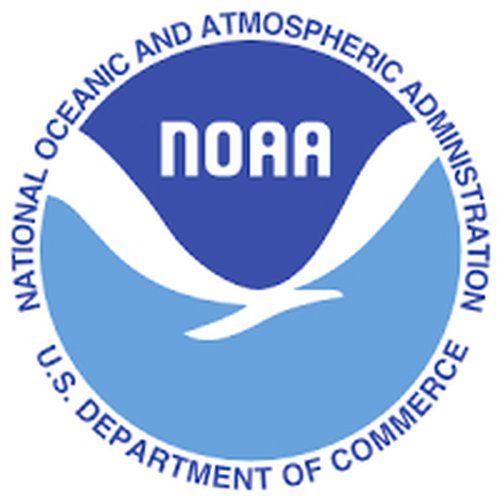 | | National Oceanic and Atmospheric Administration (NOAA)NOAA is an agency that enriches life through science. Its reach goes from the surface of the sun to the depths of the ocean floor as we work to keep citizens informed of the changing environment around them. From daily weather forecasts, severe storm warnings, and climate monitoring to fisheries management, coastal restoration and supporting marine commerce, NOAA’s products and services support economic vitality and affect more than one-third of America’s gross domestic product. NOAA’s dedicated scientists use cutting-edge research and high-tech instrumentation to provide citizens, planners, emergency managers and other decision makers with reliable information they need when they need it. |